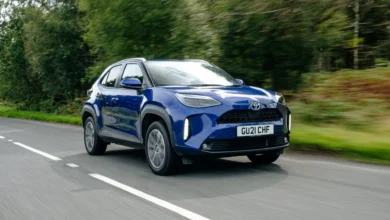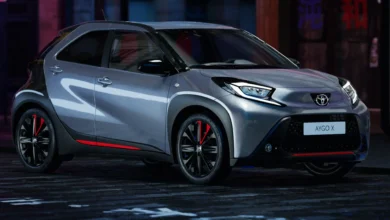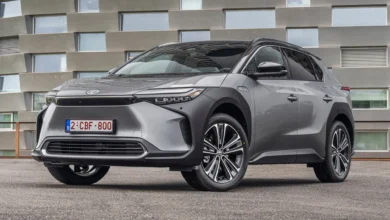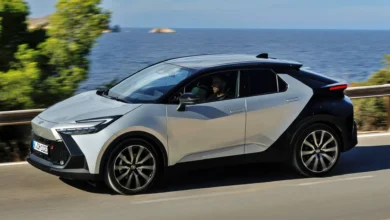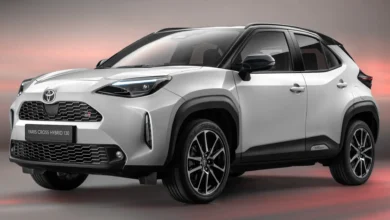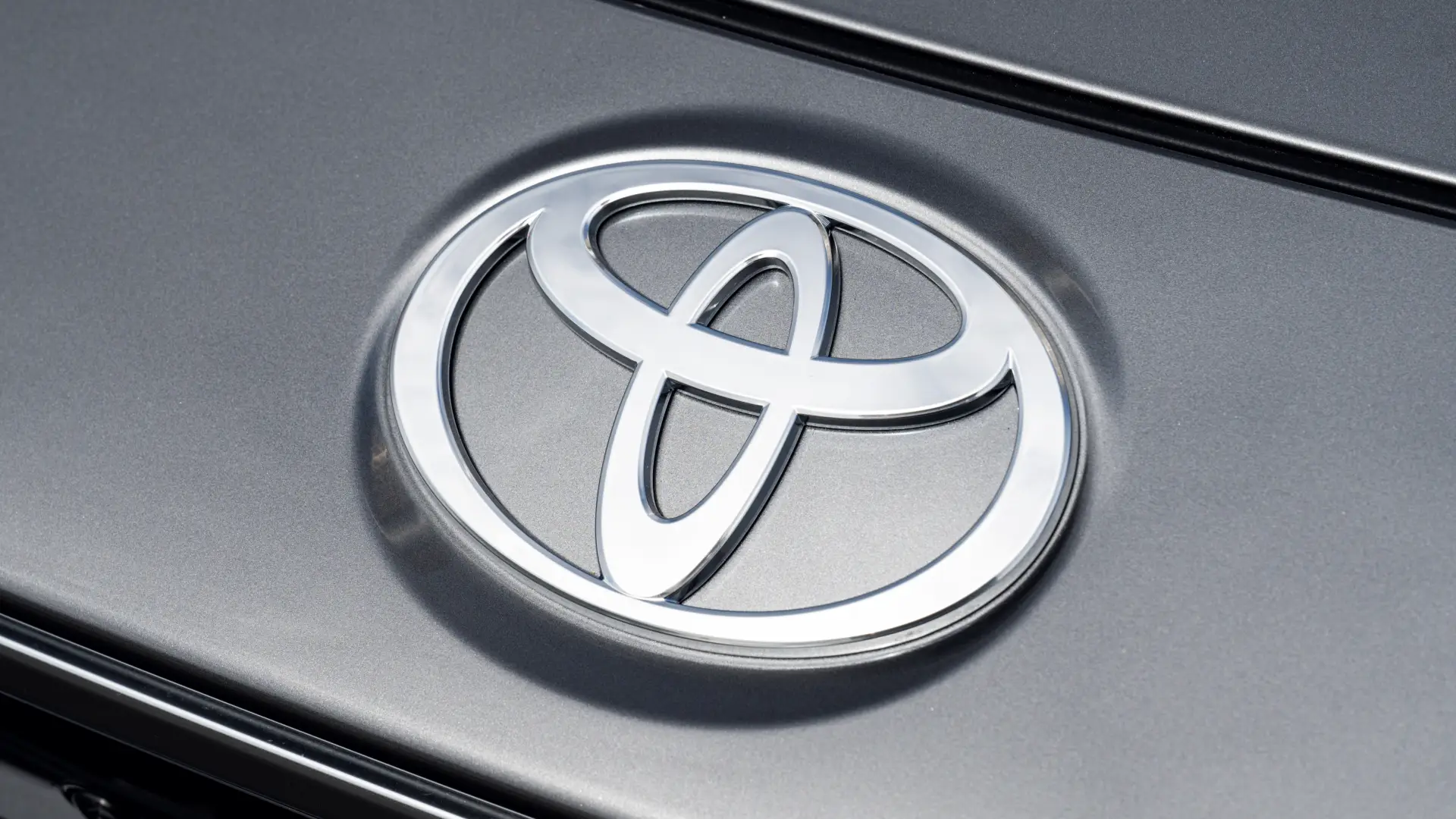
Solid electrolyte has become one of the Holy Grails for transportation transformation. A battery system with higher energy density is safer and even more economical. But the road is not easy, and Toyota has just confirmed that even at the end of the decade, its production will be very limited.
As we remember, earlier this month, Toyota announced a production partnership with the Japanese Idemitsu Kosan, a petrochemical company that will work with the Japanese brand for the production of batteries with solid electrolytes.
These batteries will use a flexible, highly adhesive, and resilient solid electrolyte material made of ceramic-like sulfides to offer comprehensive improvements over current lithium battery chemistry.
Solid state offers more energy density and allows components to be eliminated, which in addition to reducing weight increases performance while allowing faster charging and less risk of fire. The big question is when.
The roadmap is set, and Toyota plans to launch its first car equipped with a solid electrolyte battery at the end of this decade, with the start of pilot production in 2027. Date by which they will produce ” several hundred tons of the new electrolyte .”
Three years later, in 2030, they plan to move towards a “mass production phase” that will generate several thousand tons per year.
This may seem like a lot, but really “thousands of tons” according to Toyota, will mean having material for about 10,000 cars a year. A very limited figure, which will restrict its installation in the brand’s most emblematic models, such as the next Lexus Electrified Sport Concept, which will directly succeed the estimated LFA, and which is estimated to have a range of about 1,400 kilometers with each charge.
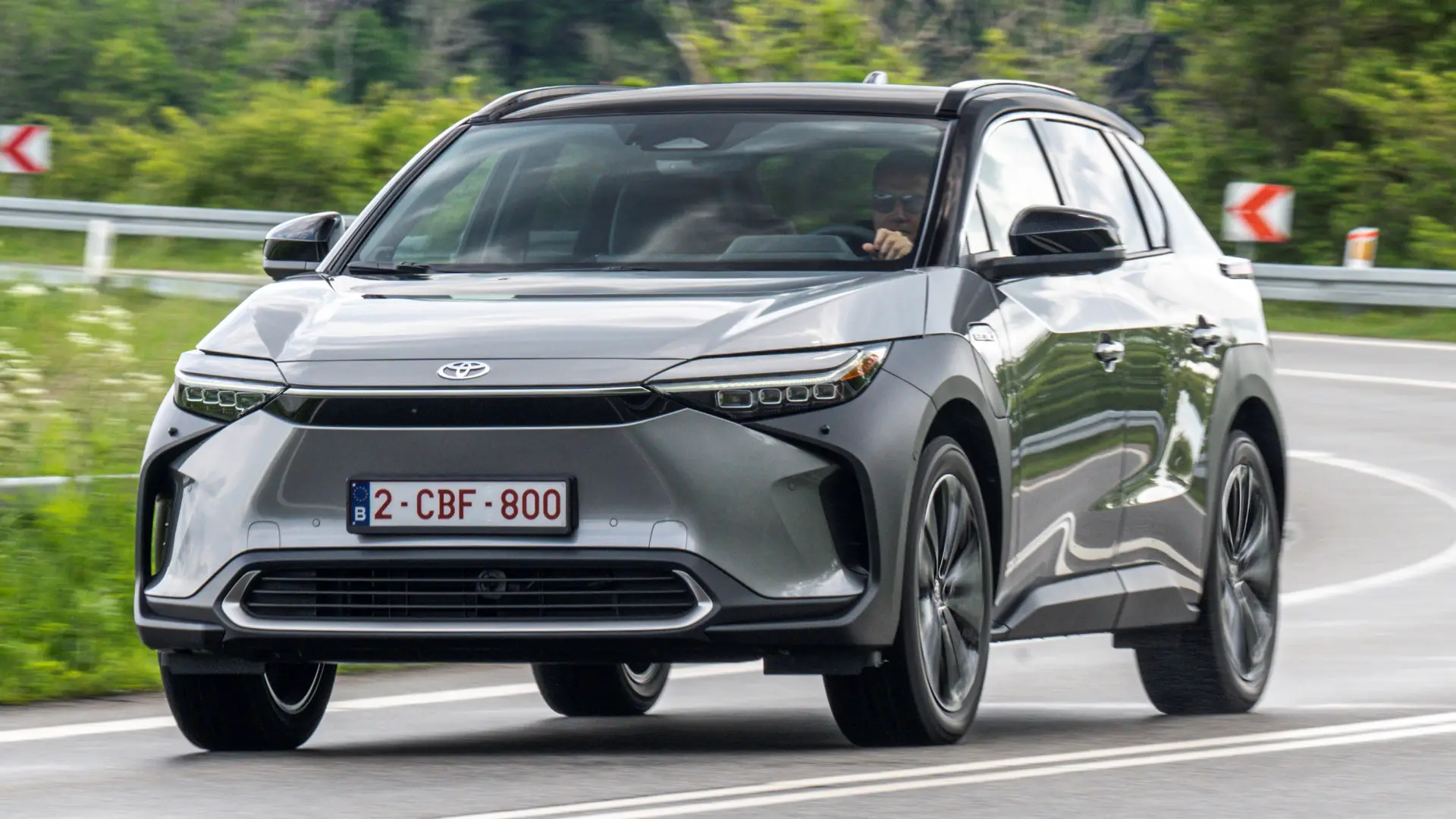
Of course, a lot will happen between now and 2030. Too many to think that by then, these batteries will still be as attractive as they sound today. Promises such as energy densities of 400 or 500 Wh/kg are figures that will more than likely be achieved in the next two years with lithium cells.
Just look at the product presented by the Chinese company CATL this past September, which will begin production in 2024 with a density of 500 Wh/kg. And ahead of them, they have more than three years to evolve and scale production until Toyota begins its pilot production.
